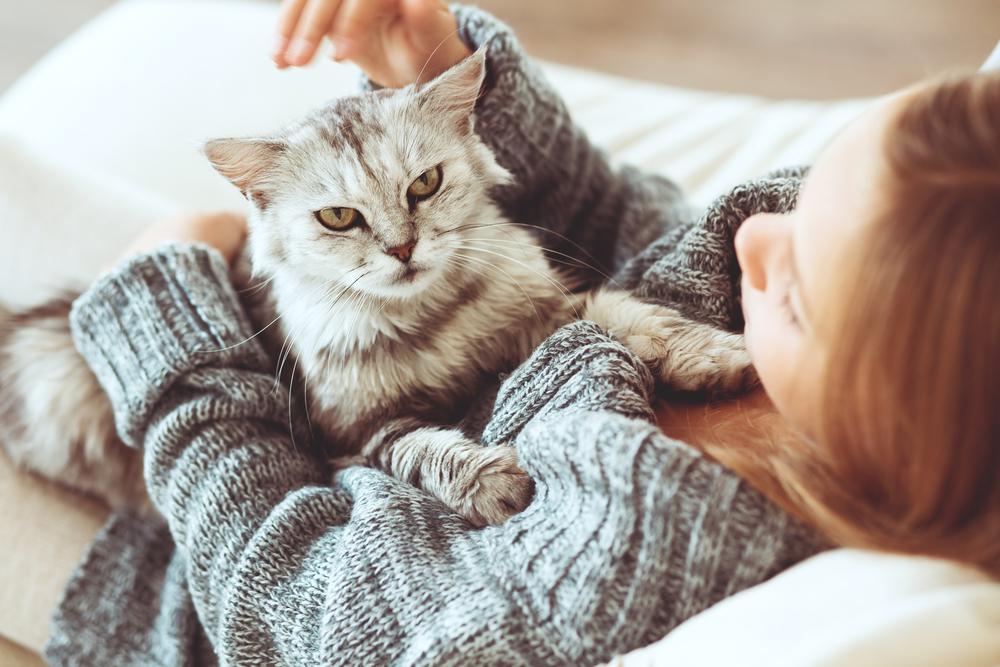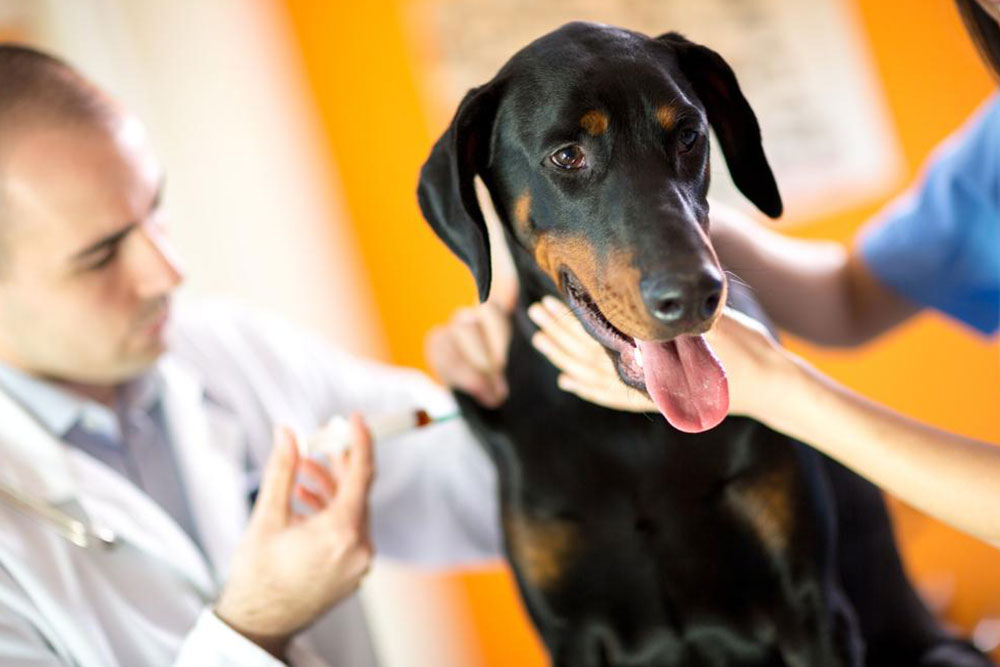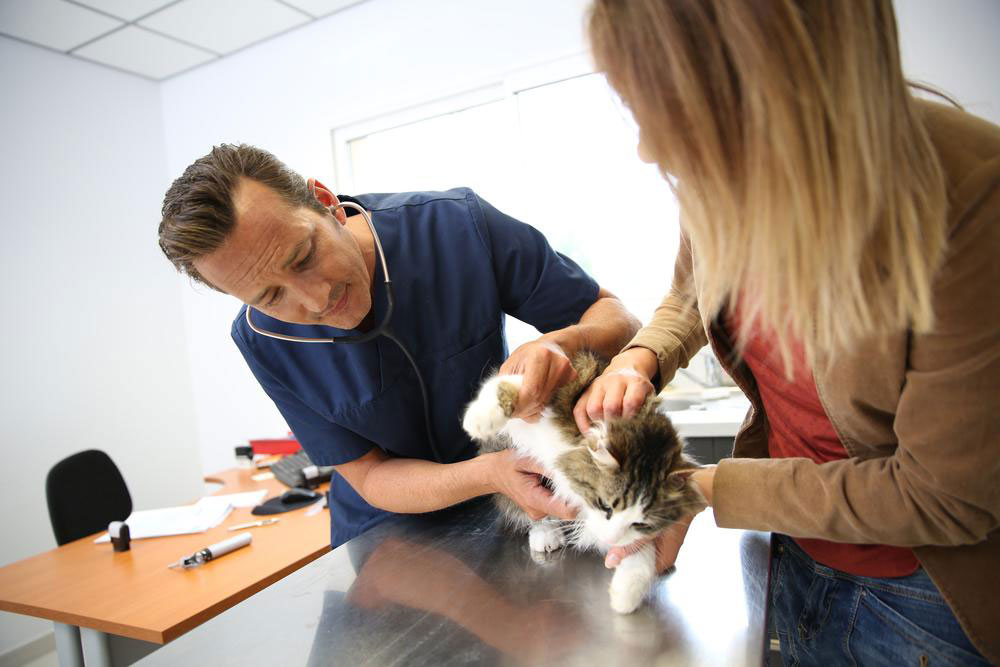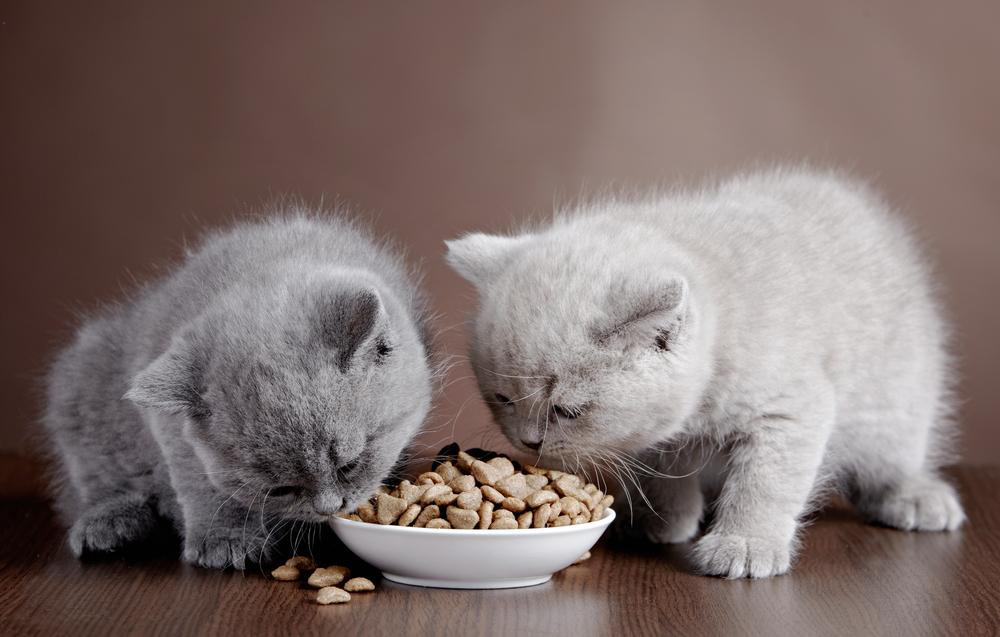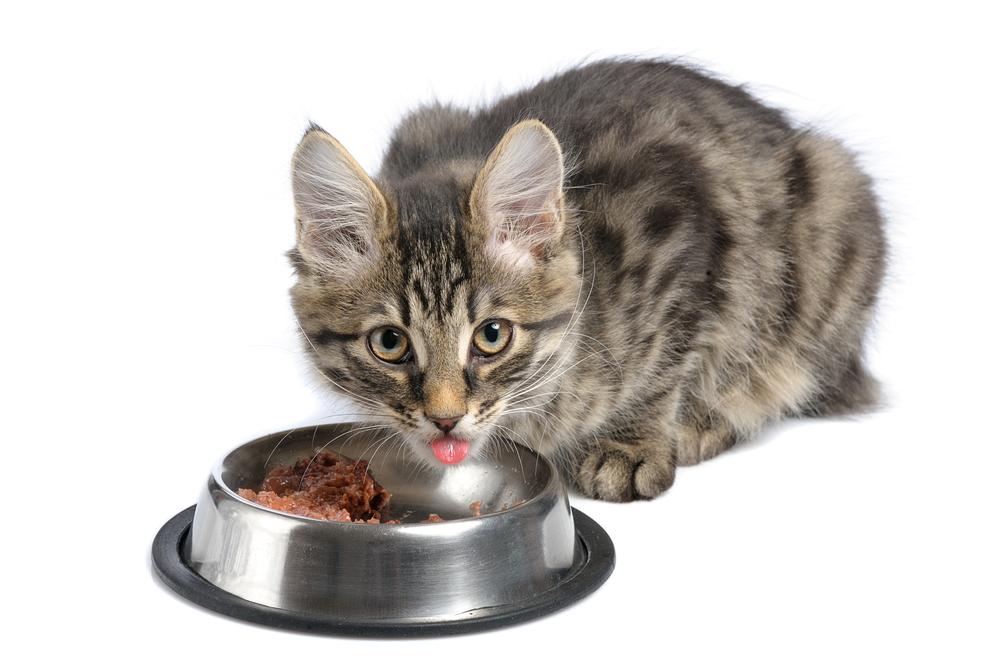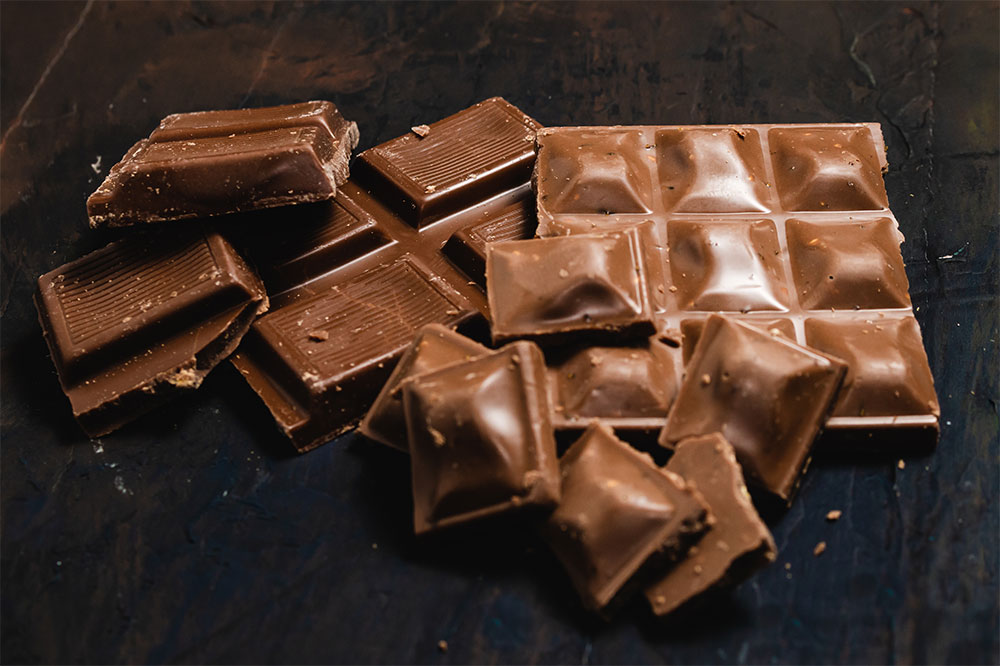Essential Guide: 5 Common Human Foods That Are Toxic to Cats and How to Keep Your Pet Safe
This comprehensive guide outlines the top five human foods that can be toxic to cats, emphasizing the importance of pet safety. It covers the dangers of raw meat, onions, garlic, chocolate, grapes, and dairy, providing owners with essential knowledge to prevent accidental poisoning. Learn how to protect your feline friend from common household foods that pose health risks, ensuring a safe environment and promoting their well-being through proper dietary habits.
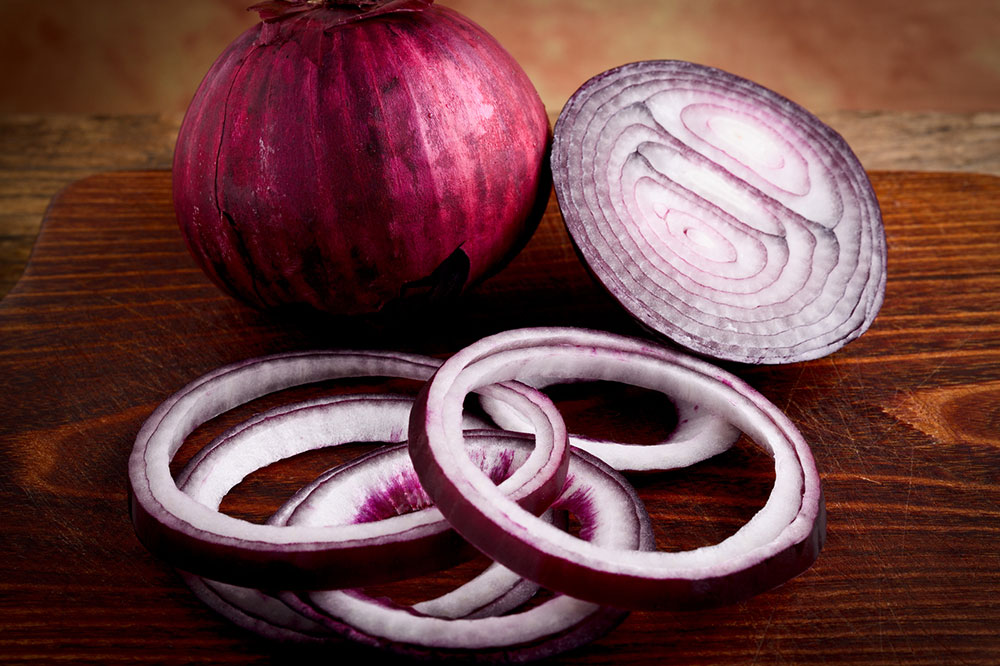
Understanding Which Human Foods Can Poison Cats: A Complete Safety Guide
As devoted cat owners, ensuring the health and safety of our feline friends is a top priority. While it might be tempting to share a snippet of your meal or treat your cat with human foods, it's crucial to recognize which foods can pose serious health risks. Many common human foods are safe for us but can be extremely dangerous or even fatal to cats. This comprehensive guide will explore the top five human foods that can poison cats, explain their potential impacts on feline health, and provide essential tips to prevent accidental poisoning.
1. Raw Meat and Bones: Risks and Precautions
Many cat owners believe that raw meat aligns with their pet's natural predatory instincts, and so they consider incorporating raw meat or bones into their diet. While cats are obligate carnivores and do have a natural inclination towards raw meat, feeding them raw meat from the human table can be hazardous. Raw meat can harbor dangerous bacteria such as Salmonella and Escherichia coli (E. coli), which can cause severe gastrointestinal infections in cats. Symptoms of bacterial infection include diarrhea, vomiting, dehydration, lethargy, and loss of appetite. In severe cases, these infections may necessitate veterinary intervention and antibiotics.
It's important to note that raw bones are also risky because they can splinter and cause serious injuries. Sharp bone fragments can puncture or obstruct the gastrointestinal tract, leading to life-threatening conditions. Avoid giving cats raw eggs or bones, and always consult a veterinarian before considering any raw meat diet.
2. Onions, Garlic, and Related Alliums: Why They Are Toxic to Cats
Common kitchen ingredients like onions, garlic, chives, and shallots are known to enhance flavor but pose a significant danger to cats. These ingredients contain compounds called thiosulfates that can damage red blood cells, leading to a condition called Heinz body anemia. This results in a reduced ability of blood to carry oxygen throughout the body, causing symptoms such as weakness, lethargy, rapid breathing, pale gums, and even collapse.
Both raw and cooked forms of onions and garlic are harmful, and concentrated forms such as powders or supplements containing garlic are particularly dangerous. Even small quantities ingested over time can cause health issues. Immediate veterinary care is essential if you suspect your cat has ingested any alliums. Prevent accidental poisoning by keeping these foods out of reach and avoiding feeding any human foods containing them.
3. Chocolate: A Sweet Danger for Cats
Chocolate is a well-known toxin for dogs, and cats are equally susceptible. The primary harmful components are theobromine and caffeine, both of which are naturally occurring stimulants found in cacao beans. These substances affect the heart, nervous system, and kidneys, and even small amounts of chocolate can be dangerous.
Signs of chocolate poisoning include vomiting, diarrhea, increased thirst, rapid breathing, increased heart rate, and tremors. In severe cases, ingestion can lead to seizures, coma, or death. Dark chocolate, unsweetened baking chocolate, and cocoa powder contain higher concentrations of theobromine and are especially toxic. To protect your feline companion, keep all chocolates, candies, and baked goods containing cocoa well out of reach at all times.
4. Grapes and Raisins: Potentially Lethal Solutions
Grapes and raisins are commonly associated with causing kidney failure in dogs, but their effects on cats are less clearly understood. Nonetheless, veterinary authorities agree that it's safest to avoid feeding these fruits to cats altogether. Although some cats have tolerated small quantities without immediate effects, the potential for toxicity and adverse reactions remains. The exact substance in grapes and raisins that causes toxicity has yet to be identified, but symptoms of poisoning include vomiting, diarrhea, lethargy, and dehydration.
If your cat accidentally ingests grapes or raisins, prompt veterinary treatment is essential. Early intervention can prevent progression to severe kidney damage. To keep your feline safe, always store grapes and raisins securely and refrain from offering any as treats.
5. Dairy Products: The Myth and the Reality
Many people believe that cats love milk, but the reality is different for many felines. A significant number of cats are lactose intolerant, meaning they lack sufficient quantities of the enzyme lactase needed to digest lactose, the sugar found in milk and dairy products. Consuming milk can lead to digestive disturbances such as diarrhea, vomiting, and stomach upset.
Feeding dairy to cats can also cause nutritional issues, as it may interfere with their balanced diet. Instead, provide fresh water and appropriate cat nutrition to keep them healthy. If you want to treat your cat, opt for specially formulated cat treats or small amounts of cooked meat. Avoid giving them milk or dairy products, as it can cause discomfort and long-term health issues.
In conclusion, while it might seem harmless to share your meals with your feline friends, understanding which human foods are toxic to cats is vital for their health and safety. Always keep dangerous foods like raw meat, onions, garlic, chocolate, grapes, and dairy out of reach, and consult your veterinarian for dietary advice. Ensuring your cat's diet is safe and balanced helps promote a long, happy, and healthy life for your furry companion.
